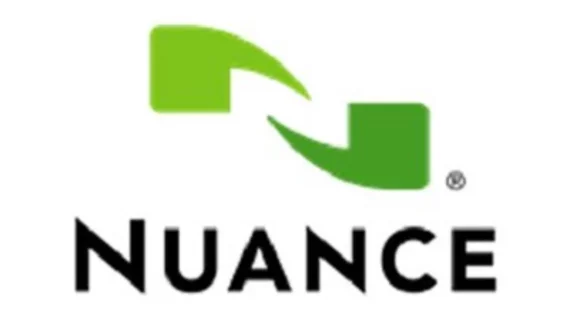HFMA 2017: Hospital finance execs have ‘significant lack of knowledge’ around MACRA
Nearly halfway through the first year of Medicare Access and CHIP Reauthorization Act’s (MACRA) new payment tracks and hospital, a majority of hospital finance executives and professionals say understand the requirements of the new Quality Payment Program (QPP) but, in reality, still seem to be confused.
In a survey conducted by Nuance Communications released at the Healthcare Financial Management Association (HFMA) conference in Orlando, 61 percent of respondents said they’re confident they understand QPP requirements. Those include the low-volume exclusion thresholds, how many quality measures they must report and what “pick your pace” options within the Merit-based Incentive Payment System (MIPS) are available in 2017. 56 percent said they’re confident their organizations can meet those requirements.
Asking about specific requirements, however, revealed the confidence of finance executives may be misplaced. Of those who said they were confident about understanding requirements, 75 percent couldn’t correctly report that eligible providers who didn’t participate in QPP would have their Medicare reimbursements cut by 4 percent in 2019. Most underestimated the risk or didn’t know the answer.
Many also got the submission timing requirements wrong. Of the confident group, only 35 percent knew that QPP requires 90 days of quality data to be submitted.
“Without proper clinical documentation, no organization will do well with QPP,” Anthony Oliva, DO, chief medical officer at Nuance, said in a statement. “While the changes are daunting, it is crucial for hospitals and clinicians to take proactive steps to prepare, plan and participate. Doing so will help organizations retain what they earn in the short term, but will also set them up to avoid severe penalties in the long run.”
Financial professionals haven’t been alone in their confusion over MACRA, QPP, MIPS, and their related programs. A July 2016 survey of physicians conducted by Deloitte found only 9 percent of those employed by hospitals or large practices were somewhat familiar with the law.
One possible explanation for this lack of awareness on the finer points of the law could be financial professionals don’t feel they have to spend time keeping track of regulations when they’re likely to change.
“The overall results reflect that clinicians and other healthcare experts are not confident that the final rule is actually final, and they are conserving time, energy and finances until that is the case,” Nuance’s quality service line director, Cathy Gorman-Klug, RN, MSN, said to HealthExec.

